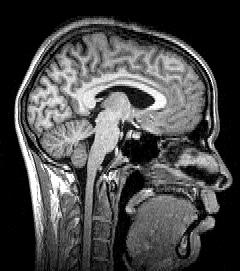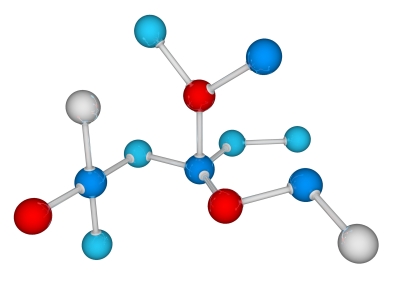A Man’s Rare Condition May Lead to New Alzheimer’s Treatment
A man with a rare disease has shown scientists that there might be another way to try to stop the damage of Alzheimer’s disease. A mutation of the apolipoprotein E gene (apoE4) has been shown to raise the chances of developing Alzheimer’s disease, and experts have wondered how dangerous it would be to treat patients …













